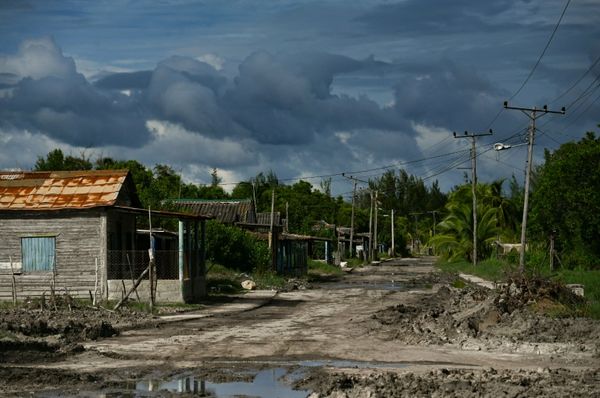
As the nation awaits the outcome of pivotal races for the House and Senate, the balance of power in Congress remains uncertain. The results of these races will determine which party holds the majority and wields the authority to advance or impede the president's agenda. The stakes are high, with the possibility of a divided Capitol Hill looming.
In the Senate, where Democrats currently hold a slim majority, Republicans are expected to gain ground in key states like West Virginia. The retirement of Independent Senator Joe Manchin has created an opening that Republican Jim Justice is favored to win, potentially leading to a 50-50 deadlock in the chamber.
Meanwhile, House races are heating up in states like New York and California, where Democrats are working to regain seats lost to Republicans in recent years. The outcome of these races, along with others scattered across the country, could tip the balance of power in the House.
The economy, border security, reproductive rights, and the future of U.S. democracy are among the issues at the forefront of the debate. Both parties have poured billions of dollars into campaigning, making this one of the most closely watched and contentious congressional sessions in recent memory.
As the nation awaits the final results, the possibility of history-making milestones looms. Notably, the Senate could see the election of two Black women for the first time in U.S. history. Additionally, House candidate Sarah McBride is poised to become the first openly transgender person in Congress.
With the outcome of these races uncertain, the future of Congress hangs in the balance, with potential implications for the direction of the country in the years to come.







